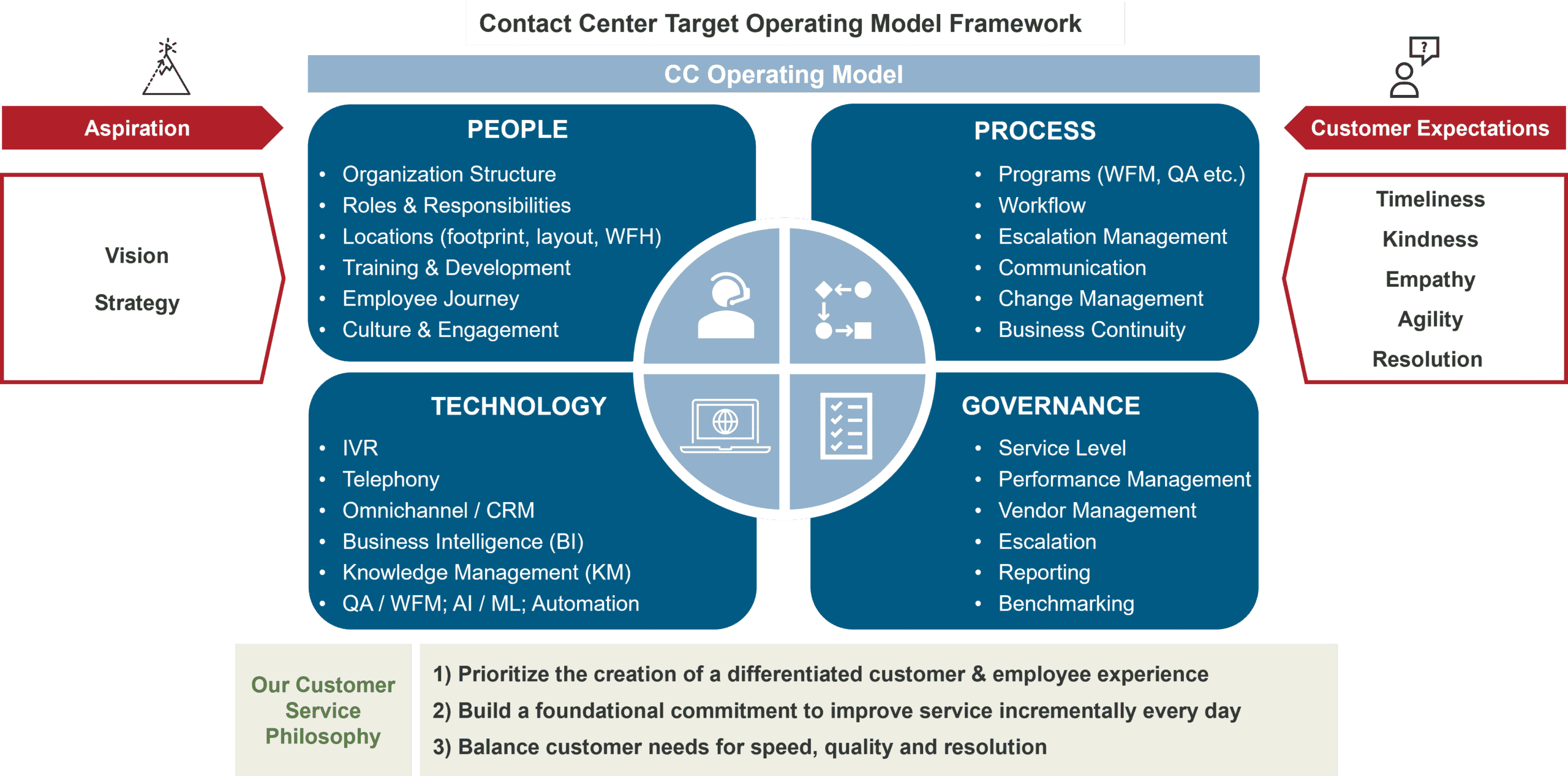Understanding Legal and Compliance Aspects in Your Outsourcing Journey
페이지 정보

본문

This short article is a submission by Managed Services Partners. Managed Services Partners is an outsourcing company with over 6 years of experience assisting organizations enhance operations and drive development.

Embarking on the contracting out journey is an undertaking that numerous companies undertake to enhance effectiveness, minimize costs, and take advantage of specialized talent.
However, together with these potential advantages come a host of legal and compliance intricacies that must be thoroughly browsed to guarantee the success and sustainability of outsourcing initiatives.
This thorough guide will explore key legal and compliance factors to consider, with a concentrate on information personal privacy laws, non-disclosure agreements (NDAs), non-compete stipulations, and the vital role of flexibility in today's vibrant company environment.
The outsourcing landscape
Outsourcing is more than a method for offloading non-core tasks; it is a transformative method that can boost a company's adaptability and competitiveness.
Whether it's IT services, client support, making procedures, or personnels, contracting out can use a substantial edge. Companies that effectively contract out can concentrate on core organization operations, drive innovation, and gain access to leading talent without the overhead costs of full-time employment.
However, this journey is not without its legal and compliance challenges. Companies need to be mindful of the intricacies surrounding the transfer and management of information, the defense of copyright (IP), and the maintenance of regulatory compliance.
Given the international nature of outsourcing, organizations need to likewise consider cross-border legal ramifications, which may vary substantially depending on the nation where the outsourcing supplier operates.
Understanding these aspects is necessary in ensuring that outsourcing partnerships line up with a company's tactical goals while alleviating prospective legal threats.
In most cases, companies that neglect legal and compliance considerations face costly disagreements, loss of sensitive information, or reputational damage that can take years to recover from.
Importance of legal factors to consider
Outsourcing inherently involves legal considerations that are necessary to safeguarding a business's interests. At the leading edge is the need to safeguard delicate info. Companies need to comprehend and follow information personal privacy laws that govern the jurisdictions in which they run.
This is specifically important as information breaches can lead to severe punitive damages and reputational damage.
Furthermore, copyright rights must be clearly defined in contracting out contracts to prevent unauthorized use or misappropriation of proprietary assets. If these rights are not effectively established, a service might lose control over crucial innovations or private company procedures.
For services running in highly regulated industries such as healthcare, financing, or legal services, compliance requirements are a lot more rigid.
Following guidelines such as the General Data Protection Regulation (GDPR) in Europe or the Health Insurance Portability and Accountability Act (HIPAA) in the United States is important to avoiding legal issues.
Non-Disclosure Agreements (NDAs) and non-compete stipulations
When outsourcing, companies often share exclusive info with external company.
To secure this important details, NDAs are utilized. These agreements are created to avoid the unapproved dissemination of private information, therefore safeguarding the company's competitive advantage.
NDAs should be detailed and lawfully binding, plainly detailing what constitutes personal info and the responsibilities of both celebrations in managing sensitive information. Businesses should likewise make sure that their NDAs include provisions for legal recourse in case of breaches.
Similarly, non-compete clauses can be included to prevent service suppliers from making use of sensitive knowledge gained during the outsourcing partnership to benefit a rival. This is especially essential when contracting out freelancers or firms that might have numerous clients in the very same market.
However, the enforceability of non-compete provisions can differ significantly depending upon the jurisdiction. Some regions have strict guidelines limiting the scope and period of such stipulations.
Therefore, it's vital for companies to speak with legal experts with experience in the appropriate legal structures to draft effective contracts.
Contracts: Setting the foundation
Contracts act as the plan for the contracting out partnership, specifying functions, duties, deliverables, and timelines. They likewise detail the legal and compliance expectations for both celebrations.
A well-structured contract ought to address numerous crucial elements:
Scope of work: Clear and detailed descriptions of the services to be supplied, including quality requirements and efficiency metrics.
Data security: Specific clauses associated with data protection, information transfer treatments, and breach notification protocols to make sure adherence to personal privacy laws.
Intellectual Property rights: Provisions that establish ownership of IP produced throughout the collaboration, and terms that safeguard pre-existing IP.
Termination clauses: Terms that deal with the possible end of the outsourcing relationship, consisting of notification durations and conditions under which termination can happen without penalty.
Additionally, businesses need to think about carrying out service-level agreements (SLAs) to ensure responsibility and performance tracking. SLAs define measurable standards that the outsourcing provider need to meet, offering services with recourse if expectations are not satisfied.

Engaging with service providers
Consulting with potential provider during the early stages of the outsourcing journey is a strategic move. This engagement permits business to determine the service provider's capability to satisfy legal and compliance requirements.
Thorough vetting procedures, such as asking for references, reviewing past projects, and assessing compliance accreditations, can offer important insights into the provider's dependability and adherence to industry standards.
Businesses should likewise examine the monetary stability of prospective outsourcing partners.
A provider that deals with monetary difficulties might not have the ability to keep operations long-lasting, positioning a threat to ongoing projects. Conducting due diligence ahead of time can avoid future disruptions.

The function of versatility in legal and compliance strategies
Adaptability is a crucial part of effective outsourcing, particularly when it concerns navigating evolving legal landscapes. Regulations and market conditions can change quickly, making it crucial for business to stay nimble.
.png)
Building versatility into contracts and developing processes for ongoing compliance monitoring can assist businesses adapt to brand-new legal requirements and preserve an one-upmanship.
For instance, if a business is contracting out customer assistance operations to multiple countries, they must ensure compliance with various nationwide laws regarding customer defense and data personal privacy.
Regularly updating policies and agreements in response to legislative modifications can prevent legal mistakes.
Real-world considerations and finest practices
To make sure legal and compliance success in outsourcing, companies should embrace the following best practices:
Regular audits and evaluations

Conduct routine audits and evaluations to guarantee that company remain certified with legal and regulatory requirements. This proactive approach can assist recognize possible gaps before they escalate into substantial issues.
Training and awareness
Educate staff members and outsourced teams on information protection practices and legal commitments. This makes sure that everyone included in the contracting out journey comprehends the importance of compliance and the role they play in securing details.
Collaboration and communication
Foster a collective relationship with company. Open lines of interaction can assist deal with compliance concerns immediately and help with joint problem-solving efforts.
Crisis management planning
Have contingency plans in location in case of security breaches, contract disputes, or company failures. A well-structured crisis management plan makes sure that businesses can quickly react to difficulties without significant disruptions.
Legal compliance for out success

Understanding the legal and compliance aspects of outsourcing is essential for organizations wanting to utilize external capabilities while protecting their interests. By focusing on key areas such as data personal privacy, NDAs, non-compete clauses, intellectual residential or commercial property rights, and versatility, companies can effectively navigate the outsourcing landscape.
Successful contracting out depend upon a collective approach in between the business and its provider. Building trust and keeping transparent interaction can result in reliable analytical and a shared commitment to compliance.
- 이전글20 Things You Need To Be Educated About Running Machines UK 25.07.07
- 다음글You'll Never Guess This Latest Headphones's Secrets 25.07.07
댓글목록
등록된 댓글이 없습니다.
